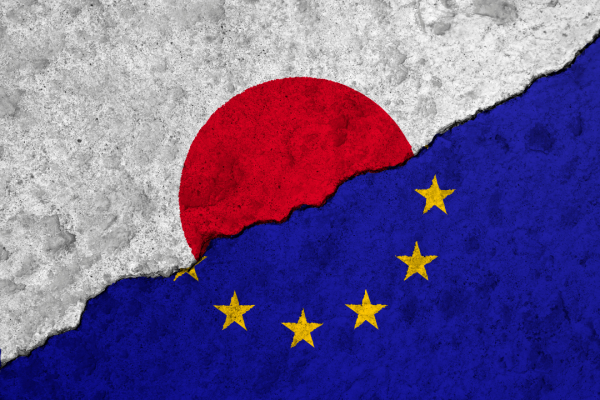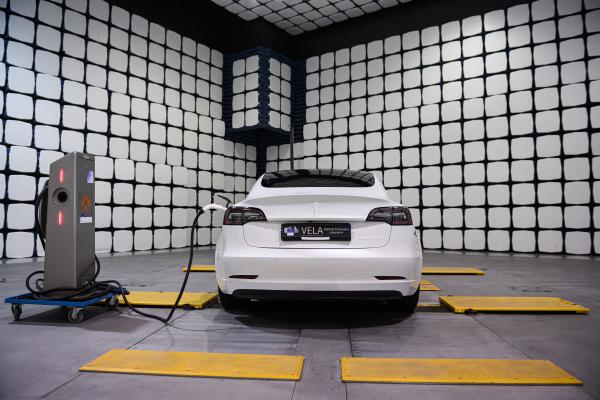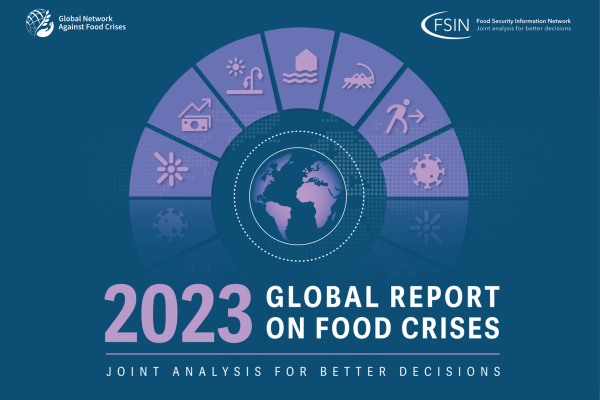
Western Balkan economies are in the initial phase of a green transition, lagging behind EU countries, according to various indicators. Progress in smart specialisation – introduced in 2016, and involving shared features with green transition such as sustainability, environmental priorities, societal challenges and digitalisation – can help unlock the potential of a green transformation, a JRC analysis shows.
The findings are published in the report Green transition and Smart Specialisation in the Western Balkans. It investigates regional research and innovation capacities for the green transition through the lens of smart specialisation, and highlights policy actions to leverage these capacities within both national frameworks and collaborative initiatives. The report analyses the main challenges and opportunities, emphasising the need for enhanced inter-ministerial coordination, stakeholder engagement, upskilling and re-skilling of the workforce, and public awareness to support a successful green transformation.
Green transition: state of play
While making a remarkable progress in developing smart specialisation strategies since 2016 to build innovation policies that would unlock regional strengths and drive economic development, the JRC analysis shows insufficient environmental focus. This in turn means possibly missing alignment with recent policies and initiatives, such as the Green Deal and the associated Green Agenda for the Western Balkans.
According to the European Bank for Reconstruction and Development (EBRD), the Western Balkan economies currently lag behind 11 EU countries in Central Eastern Europe in terms of the green quality of a sustainable market economy.
As for carbon intensity of GDP (CO2 emissions per unit of GDP), most Western Balkan economies show ratios several times higher than the EU average. Albania is an exception, thanks to its reliance on hydropower, but the region’s heavy reliance on coal, which accounts for 70% of electricity production, significantly hinders the transition to a low-carbon economy. The carbon intensity of electricity production in the Western Balkans surpassed more than three times that of the EU-27 average in 2020.
According to World Bank data, emissions are predominantly generated in the electricity and heating sector, a relatively higher proportion compared to most EU member states. The sole exception is Albania, where the transport sector is the primary contributor to emissions.
Key environmental challenges include threats to biodiversity, climate change mitigation and adaptation, degradation of water resources, high levels of air pollution, unsustainable infrastructure development, contamination of soil and water, trends towards more intensive farming in agriculture, poorly enforced waste and recycling legislation, and concerns related to mining and potential transboundary risks.
The Western Balkans are particularly vulnerable to climate change due to a relatively high percentage of the population employed in weather and climate-related sectors, such as agriculture, forestry, and tourism, compared to Western and North Europe. The EU integration process is currently the main political driver of change in the region, also in the environment sector.
The Green Agenda for the Western Balkans
The Green Agenda for the Western Balkans, aims to achieve climate neutrality by 2050, decouple economic growth from resource use, and ensure inclusive progress. The agenda focuses on five key pillars:
- Transitioning to clean energy sources and climate protection.
- Shifting towards a circular economy.
- Depolluting air, water, and soil.
- Developing sustainable agriculture and food systems.
- Safeguarding biodiversity and ecosystems.
The EU support its implementation through the Instrument for Pre-Accession (IPA III) and the Economic and Investment Plan (EIP), with €9 billion in grants and €20 billion in guarantees.
Smart specialisation: defining the steps towards a green transition
Smart specialisation strategies have a pivotal role in promoting environmentally focused activities and in facilitating the green transition in the Western Balkan region. Policy alignment with the EU, development of skills and robust funding are key steps to push forward action on climate, environment and sustainable development.
Policy alignment with EU standards
To support the green transition in the Western Balkans, aligning policies with EU environmental objectives is crucial, especially to achieve climate neutrality by 2050. Harmonising national laws on climate, energy, and waste management, along with implementing national energy and climate plans, will facilitate this process.
Introducing carbon-pricing mechanisms like the Emissions Trading Scheme (ETS) can accelerate decarbonisation in key sectors. Developing “just transition” strategies, which directly support vulnerable regions and communities, is recommended to address socio-economic impacts.
Other essential initiatives include agendas to measure the economic impact of decarbonisation, phasing out coal subsidies, and embedding climate considerations across transport, waste management, and circular economy policies. Investments in waste recycling and urban waste management infrastructure will further support this transition.
Skills development for a green economy
Education and capacity building are key for the Western Balkans' green future, supported by smart specialisation (S3). By focusing on sectors like sustainable agriculture and information and communication technology (ICT), S3 helps evolve education outlines to meet green economy demands.
Expanding curricula to include environmental sciences, green engineering, and climate policy will create a workforce skilled in sustainable practices. Partnerships with universities and research institutions foster knowledge sharing and skill transfer, while regional training centres offer small and medium-sized enterprises (SMEs) insights on emissions reduction.
Financial support for sustainable growth
A robust financing approach is essential for advancing the green transition. Collaboration with international financial institutions to create dedicated funds and offer low-interest loans for SMEs adopting green practices is crucial. Comprehensive funding mechanisms across sectors will encourage environmental goals.
S3 provides a pathway for investment that aligns with both economic and environmental objectives, supporting the Western Balkans in meeting EU climate goals and attracting investment. S3’s Entrepreneurial Discovery Process (EDP) fosters cross-sectoral collaboration, guiding the development of alternative industries like green manufacturing and eco-tourism, which create jobs and reduce environmental impact.
Through the coordination of these efforts, the Western Balkans can harness the potential of Smart Specialisation to align with EU climate goals, cultivating an economy that prioritises environmental stewardship and sustainable development.
Background
The Western Balkan region, comprising Albania, Bosnia and Herzegovina, Kosovo*, Montenegro, North Macedonia, and Serbia, spans approximately 208,000 km² and is home to around 18 million people. The region’s primary economic activities are in climate-related sectors like agriculture, forestry, and tourism.
These six economies are committed to the Paris Agreement and EU2020 and EU2030 targets for reducing greenhouse gas emissions, enhancing energy efficiency, and boosting renewable energy production. Vulnerable to climate change, they prioritise mitigation measures and regional collaboration.
The smart specialisation approach, supported by the JRC, is gaining traction to enhance competitiveness and economic transformation. Despite challenges, significant progress has been made in developing smart specialisation strategies, focusing on innovation and sustainability.
* This designation is without prejudice to positions on status, and is in line with UNSCR 1244/1999 and the ICJ Opinion on the Kosovo declaration of independence.
Related links
Green transition and Smart Specialisation in the Western Balkans
International cooperation, sustainable and trusted connections
Innovation in the EU Enlargement and Neighbourhood Region
Knowledge Hub: Smart Specialisation in the EU Enlargement and Neigbourhood Region
Details
- Publication date
- 19 December 2024
- Author
- Joint Research Centre
- JRC portfolios




